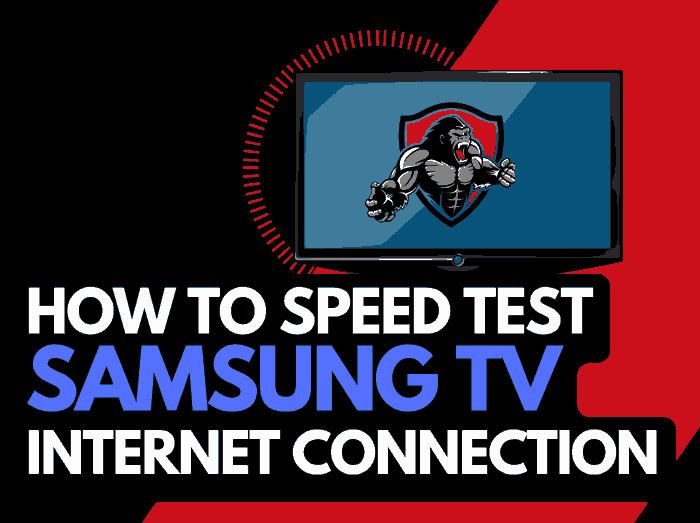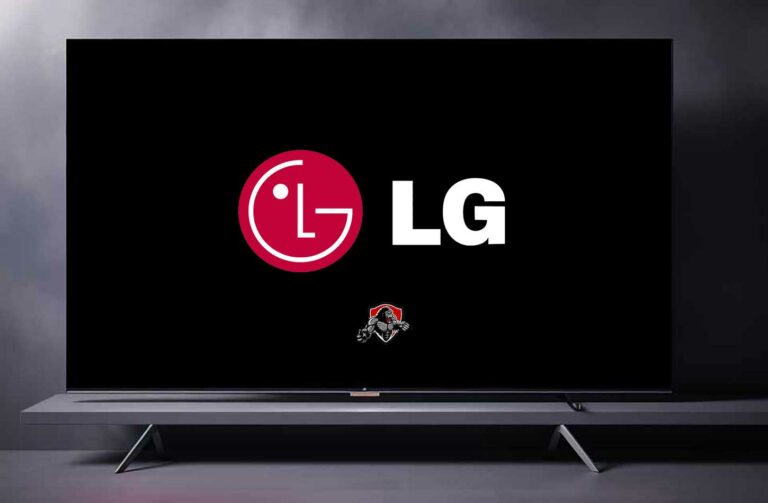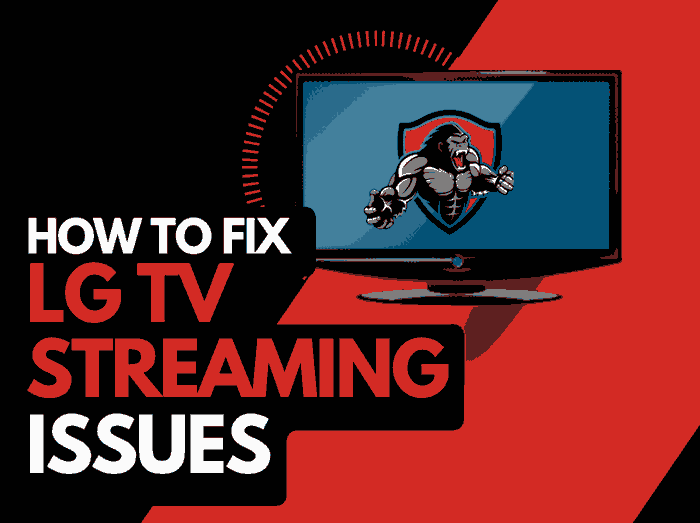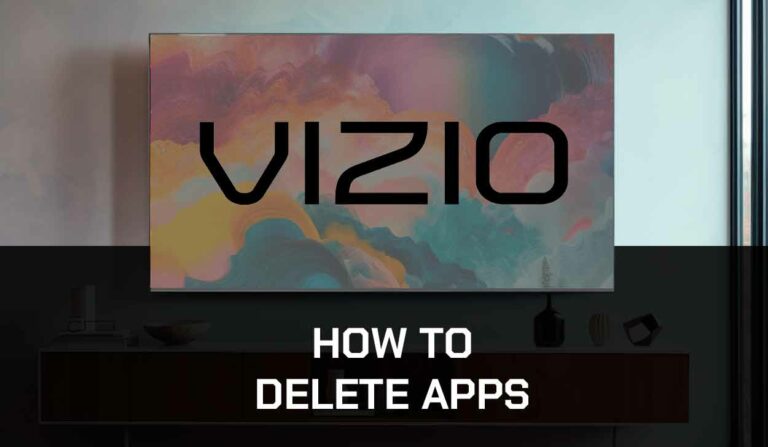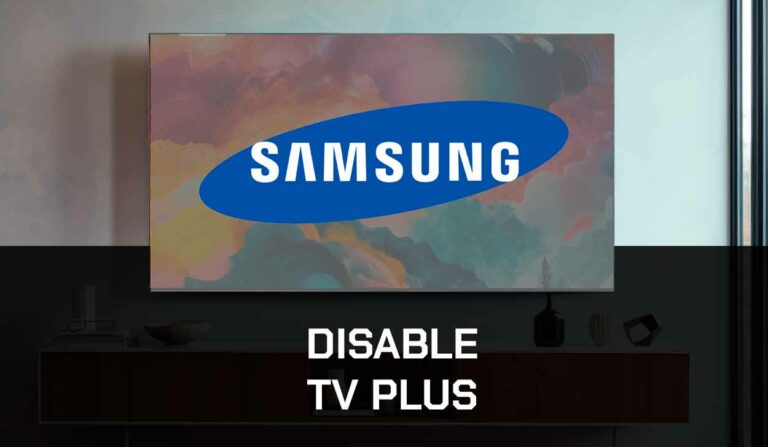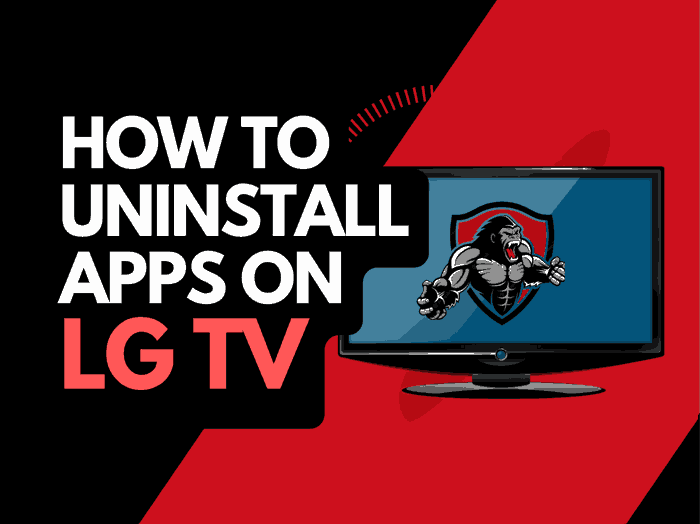In this article, we will look at the Philips TV blue tint issue and its cause.
When you notice a blue tint on your Philips TV screen, it can be concerning.
Before contacting Philips support or your local electronics repair shop, review this preliminary troubleshooting guide.
Why does my Philips TV have a blue tint?
The reason for the blue tint on your Philips TV is usually due to one of the following:
- Software problems
- Malfunctioning ports
- Incorrect settings
- Improperly configured external devices.
How do I fix the blue tint on my Philips TV?
Luckily, there are some easy steps that you can follow to try and fix the blue tint screen issues on Philips TV yourself.
- Unplug your Philips TV and wait 60 seconds
- Update your Philips TV firmware
- Change your input/source to see if the issues persist
- Check your picture colour settings
- Consider the possibility of backlight failures
- Contact Philips support
Method 1: Soft Reset your Philips TV (All Philips Models)
Unplugging your Philips TV will perform a soft reset/power cycle
Unplug your Philips TV and wait 60 seconds before plugging it back in.
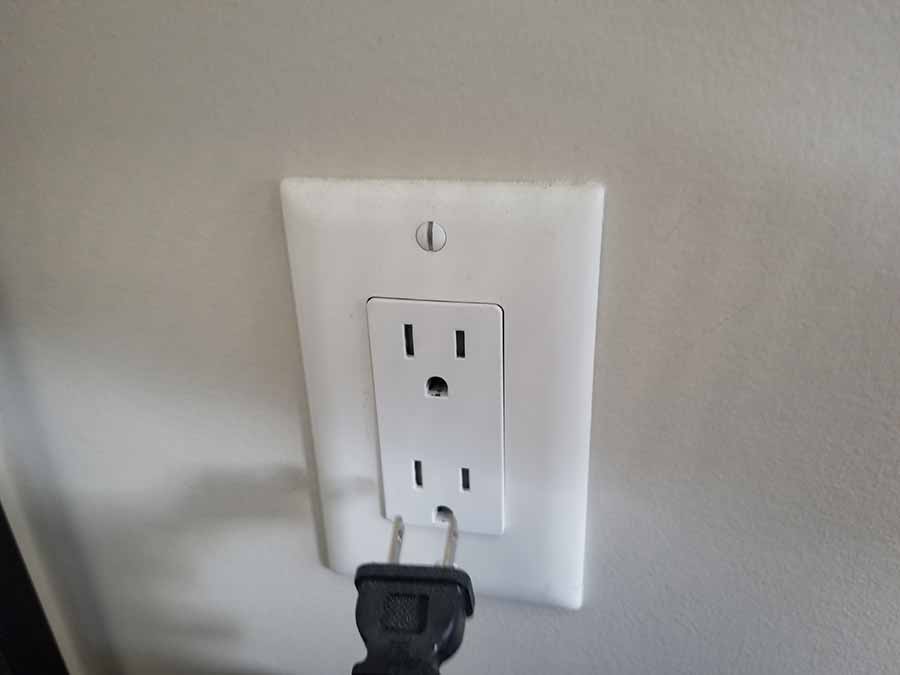
What does unplugging your Philips TV do?
Unplugging your Philips TV for around 60 seconds performs a soft reset of the system. This restart allows any updates downloaded in the background to install and start successfully and clears the system cache.
Performing the soft reset can help resolve the blue tint issue if it is a software problem causing picture issues.
Method 2: Update your Philips TV firmware
Keeping your Philips TV firmware on the latest version can help prevent issues from arising over time.
The Philips TV software should automatically update if connected to the internet through Ethernet or Wi-Fi.
Sometimes updates can be missed or an installation can be interrupted and cause issues with your TV.
Old Philips firmware or a partial installation could cause the blue tint screen problem.
We strongly recommend that you update your Philips TV firmware.
This can ensure you have the latest software, access to new apps, and an improved viewing experience.
Keeping your Philips TV updated with regular updates improves your viewing experience and gives you better security & privacy protection.
How to update your Philips TV Software
If your TV is turned on, hit the HOME or APPS button on the remote.
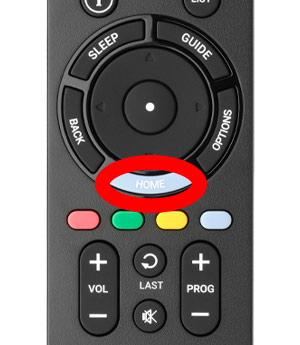
Now you will see the menu interface appear. Select HELP and then select SOFTWARE UPDATE from the menu on the right-hand side.
Method 3: Change your selected input device/source
Another potential quick fix for blue tint issues on Philips TVs is checking the other input devices/sources.
You can change the input device or source by pressing the “Input” button on the Philips remote, as shown in the image below.
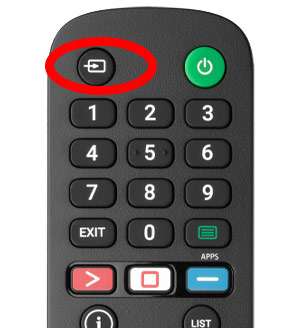
Once you have pressed this button, you are shown a list of available inputs. Inputs are the devices that are connected to your Philips TV. This could be a DVD player, Cable Box, Firestick .etc.
You should navigate through your inputs to see if the blue tint issue is still present when changing the different inputs.
If the blue tint is only present on one or more of your inputs but the image normally displays on others, then this would suggest that your TV is fine.
It may limit the issue to an external device (like those listed above) or an input device I/O issue.
What is an input device I/O issue?
I/O stands for input/output – it generally refers to the different ports on your TV like HDMI, DVI, DisplayPort, USB.etc.
It is not uncommon for a port to become damaged or unusable after prolonged use or an extended period of plugging and unplugging cables into the same port.
I/O Input issue example:
The blue tint is only present on HDMI 2 – When you switch the device connected to HDMI 2 – the blue tint is still present.
This would suggest that you have a damaged HDMI 2 port.
Method 4: Check your Philips TV Picture Settings
Although it is unlikely that your picture settings are causing the blue Tint issue, it only takes a few minutes to check.
Method 5: Back Lighting Failure (Generally occurs in older Philips TVs)
A blue screen can be typical on older Philips LED TVs when the blue light eventually bleaches the yellow phosphor.
Eventually, this will turn the LED screen blue.
How to prevent Philips backlight failure
Reducing your TV’s brightness is worthwhile if you are not yet at the failure stage.
When you initially purchase a Philips TV from your local electronics store, the brightness level can often be set to 100.
This excessive brightness can lead to issues over time.
Option 1: Call your local electronic repair store
If you believe that a backlight failure may be the cause of the blue tint on your Philips TV, it may be time to call your local electronic store so that they can diagnose the issue.
We recommend you perform your due diligence when selecting a local store for repairs, check their Google Reviews, and possibly get a secondary quote.
Should I replace or fix my Philips TV?
It is also worth considering buying a new TV if it needs repair.
Factor in the age of your Philips TV and the quoted cost of repairs, and it may be more economical in the long run to purchase a new TV. With older TVs, other issues may arise over time.
The costs of screen pairs for Philips TV can range from $125-$500 on average.
If your TV is over a few years old, you can likely get a brand-new one with comparable or better features.
Another thing to consider is that you’ll get a warranty period of at least one year with a new TV.
Option 2: Repair the Philips TV backlight failure yourself!
To the braver Philips owners, you can always repair the TV unit.
It is important to note that in doing this, you are assuming the risk of potentially causing more damage to your TV.
Another thing to consider is if your TV is still under warranty, you will more than likely void the coverage should you choose to attempt to repair the unit yourself.
Contact Philips Support
If your Philips TV blue tint issues are still unresolved after trying our tips, then it might be time to consider contacting Philips support, as you may have a defective TV unit.
Philips support might advise you of other things to try or help diagnose the root cause of the issues.
Performing any repairs can invalidate your warranty or cause further damage to your TV.
Conclusion
Having a blue-tinted Philips screen can be an annoyance and unfortunately, the fixes range from quick and easy to long-winded and potentially expensive.
We hope this article helped you uncover the root cause of the Philips blue tint.

